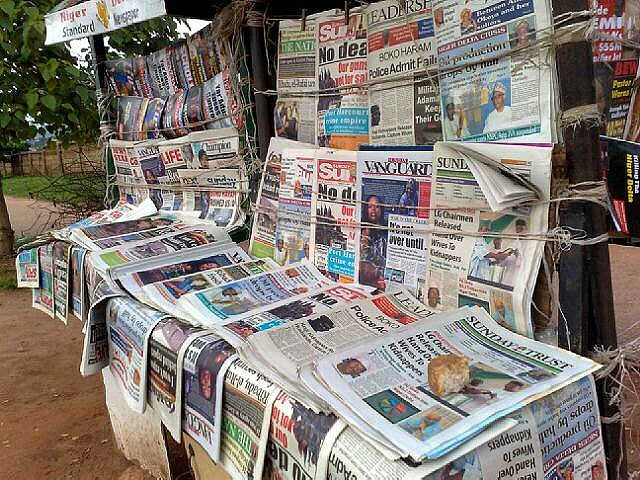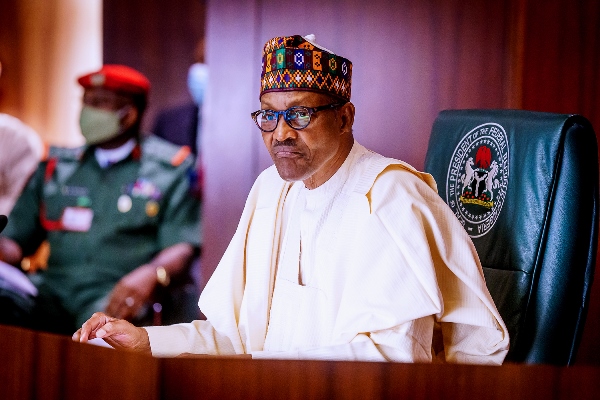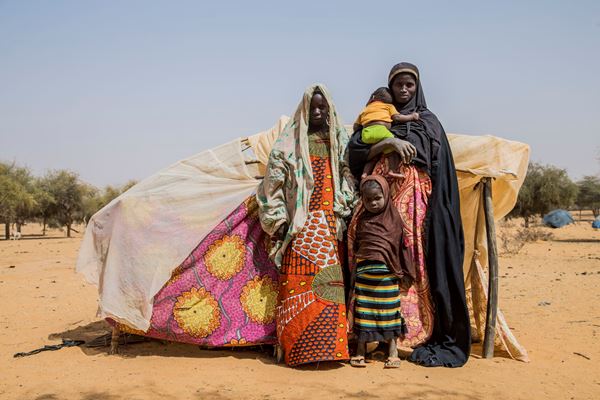
Moses Uwagbale
The Federal Government of Nigeria is seeking the support of the National Assembly in formulating a national policy on use of social media to control fake news and misinformation.
The Minister of Information and Culture, Alhaji Lai Mohammed, made the request in Abuja while defending the 2021 budget proposal of the Information sector of his ministry.
Mohammed, who appeared before the House of Representatives Committee on Information and National Orientation, said fake news and misinformation are serious and major challenges confronting the nation.
The minister was responding to questions from the committee on how fake news and misinformation were used to aggravate the #EndSARS protest and what government can do to forestall re-occurrence.
Mohammed noted that the social media is the platform of choice for those who propagate fake news, adding that there is an urgent need for a national policy to curb excesses and misuse.
The minister also underscored the need for deployment of resources to acquire relevant technology that would enable the government to dominate and control the nation’s social media platforms.
“If you go to China, you cannot get google, facebook or instagram but you can only use your email because they have made sure that it is regulated
“In June this year, there was a riot in Ethiopia when a popular musician was killed.
“What Ethiopia did to curtail the crisis that followed was to shut down the social media for two days, even when Ethiopia hosts the AU.
“We need a social media policy that will regulate what should be said and posted and what should not.
“We also need technology and resources to dominate our social media space,’’ he said.
The minister said that government foresaw the danger of fake news and hate speech as far back as 2017.
“We saw as far back as 2017 that the next epidemic that will hit Nigeria and the entire world is fake news and misinformation.
“Based on that, we dedicated an entire National Council on Information meeting in Jos to the issue.
“After this, we launched a national campaign on fake news on July 11, 2018, where we stressed that the next war will be fought without a shot being fired but with the use fake news.
“We did not stop there. We went on a tour of all media houses seeking their support against fake news.
“We also launched a campaign to regulate the social media which was bitterly contested by the stakeholders,’’ he said.
Speaking on the negative effects of fake news and social media in the country, the minister said the farmers-herdsmen clashes of 2017 was largely fuelled by fake videos and pictures that were circulated on social media platforms.
The minister recalled also that in 2017, a popular entertainer raised the false alarm that students of the College of Education in Gidan Waya in Kaduna State were murdered.
He said there was almost reprisal attack before it was discovered that this was fake news.
“When the problem of xenophobia arose in South Africa, they were posting videos of what happened in India and Tanzania as if it was Nigerians that were being roasted alive.
“That led to reprisals where malls purportedly belonging to South Africa were attacked.
“ At every point in time, we have been raising the attention of Nigerians to the evil of social media and fake news,” he said.
Mohammed said the #EndSARS protest was mobilised with the aid of social media while fake news and misinformation were used to fuel the peaceful protest to precipitate chaos.
The Chairman of the committee, Hon. Olusegun Odebunmi, corroborated the minister that fake videos were used to fuel the peaceful protest and create chaos.
“During this protest, particularly at Lekki Toll Gate, I saw a video where a soldier was on a machine gun, firing on as if it was a war zone.
” The video was presented to the world that the machine gun was facing the peaceful protesters at Lekki.
“But it was later that I knew that it was photoshop,’ he said.
In their contributions, members of the committee underscored the importance of social media in revolutionising the media space.
They, however, agreed that there is need for its regulation to guard against negative uses.
The 2021 budget proposal presented by the minister to the committee, N4.9 billion was proposed for personnel cost, N900.56 million for overhead, and N1.977 billion for capital projects.














